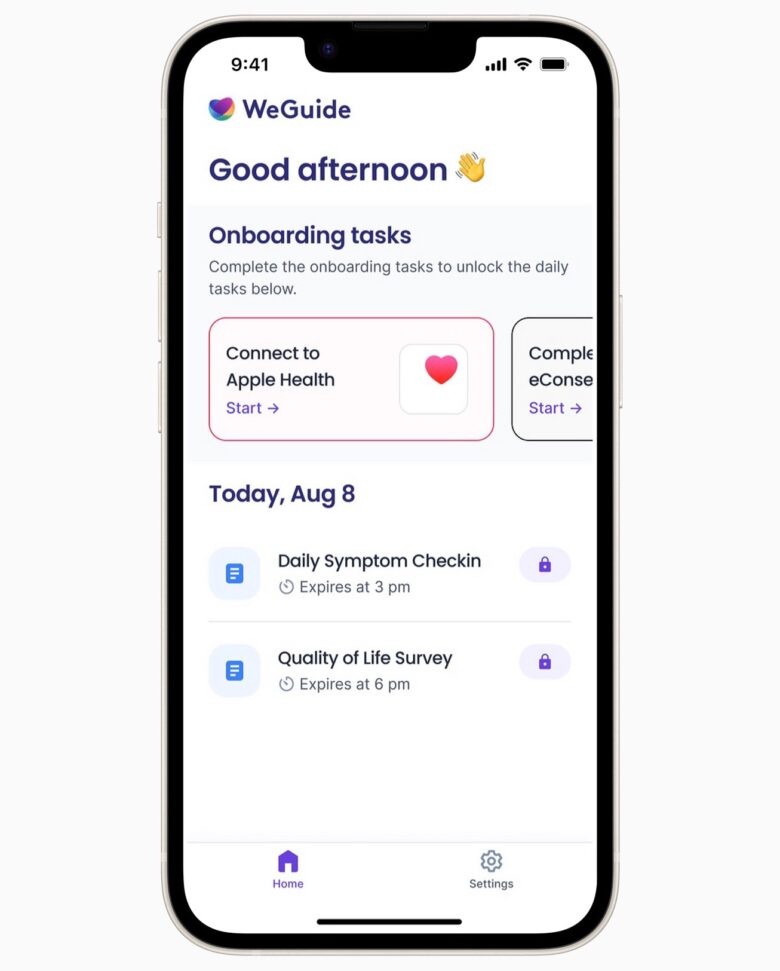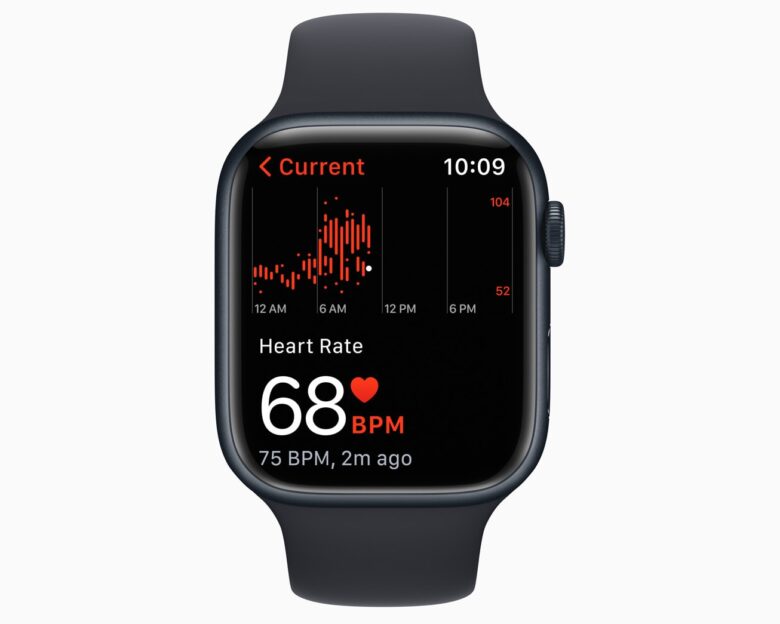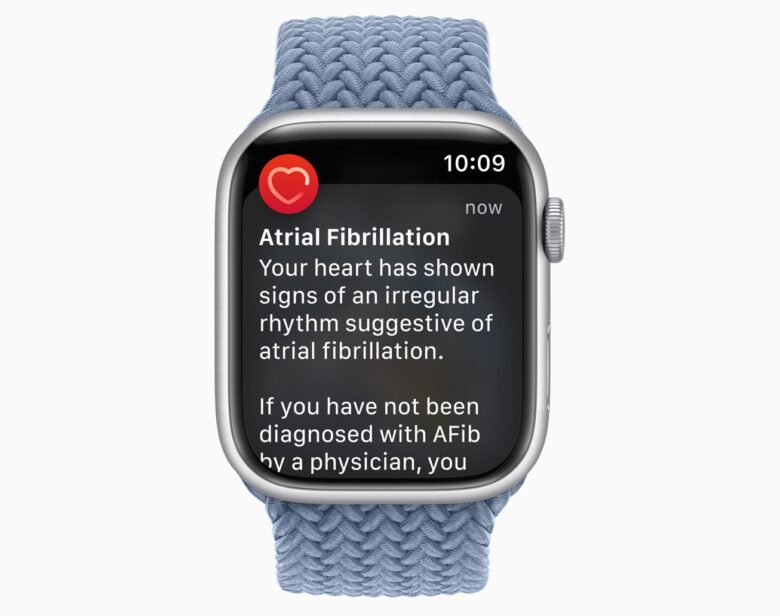Apple highlighted Apple Watch’s potential as a heart-health monitor on Tuesday, referring to its increasing usefulness to health researchers and medical personnel.
In addition to the ResearchKit and CareKit programs rolled out in 2015, Apple said it launched its Investigator Support Program. In it, health researchers get Apple Watches to study the heart.
Apple Watch helps researchers understand heart conditions
Apple said the same Apple Watch features that inform users about their health — high and low heart rate notifications, irregular rhythm notifications, the ECG app, AFib History and Cardio Fitness — can “open the door to discovery for research and medical communities.”
Through its Investigator Support Program, the company gives Apple Watches to researchers. On Tuesday, Cupertino highlighted some of cutting-edge work that uses the wearable to study the heart.
Studying heart rhythms in children with cancer

Photo: Apple
Apple pointed to associate professor Rachel Conyers and Dr. Claudia Toro, two senior pediatric oncologists working with the Murdoch Children’s Research Institute in Melbourne, Australia. They “are looking at how treatment can impact heart rhythm and are trying to identify innovative ways to intervene,” the company said.
“I read about the Apple Heart Study and I thought this could be important for pediatrics,” said Conyers. “We used to think of cardiac toxicity as something that happened 10 years after treatment. But now we know that new cancer therapies (like specific inhibitors or immune therapy) can cause arrhythmias within 48 hours of medication — so there’s a big gap in terms of what we know about the toxicities at the moment.”
Here’s their plan:
In the coming months, Dr. Conyers and her team at the Murdoch Children’s Research Institute will begin with researching the sensitivity of the Apple Watch ECG app in 40 children and adolescent patients. From there, the team will look for ways for patients to take their ECGs wherever they are, whenever they’re able. With those insights, the team hopes to better understand the reality of cardiac toxicity and identify potential opportunities for intervention.
Firefighters to help study health impacts of wildfire smoke

Photo: Apple
In recent years, the San Francisco Bay Area has suffered increasing smoke pollution from wildfires, including one infamous day in 2020 when the skies turned a dark orange at midday.
So-Min Cheung, an associate professor from Texas A&M University, was in Palo Alto, California, at the time. She realized how useful it could be to study the cardiac health impact of wildfire smoke on firefighters.
“General health recommendations or off-the-shelf interventions weren’t good enough for me,” Cheong said. “People are unique. Each individual is different when it concerns their health, and I wanted to learn more.”
Through her connections in the research community, Dr. Cheong learned that Apple Watch could help capture the kind of health data she needed. “A colleague of mine at Stanford had shared their experience using Apple Watch, and it’s known for its heart rate accuracy,” she adds. “I had always wanted to be able to do more noninvasive, sensor-based analysis on individuals to get at more precise health measurements.”
Cheong and her colleagues plan to outfit 200 firefighters in Texas and California with Apple Watches. They will keep track of “heart rate and rhythm, sleep, blood oxygen, activity data and more.”
But Cheong doesn’t want to generalize too much about potential findings.
“Studies like this one haven’t been done before, so it’s not a matter of proving or disproving a hypothesis,” she said. “It’s more exploratory and the outcomes will help us understand the accuracy of an analysis like this to generate tailored interventions. I also think a study of this nature could help us understand high risk groups better.”
Detecting atrial fibrillation (AFib) earlier in the Netherlands

Photo: Apple
Apple Watch is also helping researchers study heart health in Europe. AFib is on the rise, and it can lead to higher risks of stroke and heart failure. So researchers want to spot it sooner:
At the Amsterdam University Medical Centers, Dr. Sebastiaan Blok, director of eHealth at the Cardiology Centers of the Netherlands, and his colleagues are exploring ways to detect AFib earlier. The researchers have developed a randomized controlled study as part of a larger initiative called HartWacht, the first reimbursable eHealth concept.
As part of their study, they plan to enroll more than 300 patients over the age of 65 who meet a risk threshold for AFib. Half of the participants — the intervention group — will wear Apple Watch for at least 12 hours per day.
“Apple Watch is such a widely used, reliable consumer wearable that we thought it would be a great device for us to integrate into our research to better understand how we could potentially integrate it into the larger health system,” Blok said.
Within just a few weeks after the study, researchers identified a subject with AFib who showed no symptoms. And those same researchers have plans to continue using Apple Watch to study further uses related to patients’ heart health.


